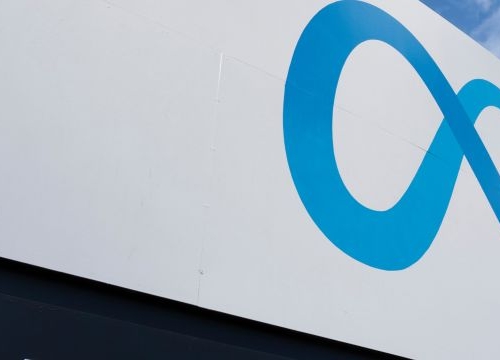A New Human Rights Tribunal in Town? The Oversight Board and the Future of Online Freedom of Expression
Human Rights Conversations


Adobe
Between 2018 and 2020, Meta (formerly Facebook) worked to set up a unique mechanism to help the company ‘answer some of the most difficult questions around freedom of expression online: what to take down, what to leave up and why’. The Oversight Board, which became fully operational at the end of 2020, is empowered to review content decisions taken by Facebook and Instagram and which have been appealed by users and to provide policy guidance to Meta either following a case decision or upon a specific request from the company. Most importantly, while the Oversight Board is empowered to interpret Meta’s content policies and values, it must also consider the impact of the company’s content decisions ‘in light of human rights norms protecting free expression’.
Since its inception and until the end of 2022, the Oversight Board has delivered 32 decisions, addressing issues ranging from COVID misinformation to hate speech, but also in relation to Russia’s invasion of Ukraine or the influence of law enforcement on content removals. In delivering these decisions, the Oversight Board has relied on a wide range of human rights standards, including treaty provisions, General Comments by United Nations (UN) treaty bodies, reports from UN Special Procedures and other relevant UN declarations.
If the value of international human rights law in online content moderation has been contested by some commentators, it is undeniable that the Oversight Board has quickly become one of the few mechanisms that is currently producing most jurisprudence on the exercise of the right to freedom of expression online. It has also been argued that its design and features also closely resemble those of human rights tribunals, signalling a potential for the Oversight Board to further expand its authority, develop human rights norms, and influence efforts to regulate social media platforms.
This Human Rights Conversation aims to explore to what extent an independent mechanism such as the Oversight Board is akin to a human rights tribunal, with its strengths and weaknesses, as well as assessing its potential for further clarifying the application of human rights standards in the online sphere but also the risks that could be linked to delegating such powers to a private authority.
Moderator
- Stefania Di Stefano, Project Officer, Geneva Human Rights Platform
Panelists
- Evelyn Aswad, Professor of Law, Herman G. Kaiser Chair in International Law, University of Oklahoma College of Law and Co-Chair of the Oversight Board
- Laurence R. Helfer, Member of the UN Human Rights Committee, and Professor of Law, Duke University School of Law, University of Copenhagen – iCourts – Centre of Excellence for International Courts
- David Kaye, Clinical Professor of Law, Director, International Justice Clinic, UC Irvine School of Law, and former UN Special Rapporteur on Freedom of Opinion and Expression
- Molly K. Land, Catherine Roraback Professor of Law and Human Rights, University of Connecticut School of Law
Drinks
This Human Rights Conversation will be followed by drinks.
About Human Rights Conversations
Human Rights Conversations are a series of events, hosted by the Geneva Human Rights Platform, aimed at discussing contemporary issues and challenges related to the promotion and protection of human rights in Geneva and beyond.
Disclaimer
This event may be filmed, recorded and/or photographed on behalf of the Geneva Academy. The Geneva Academy may use these recordings and photographs for internal and external communications for information, teaching and research purposes, and/or promotion and illustration through its various media channels (website, social media, newsletters, annual report, etc.).
By participating in this event, you are agreeing to the possibility of appearing in the aforementioned films, recordings and photographs, and their subsequent use by the Geneva Academy.










